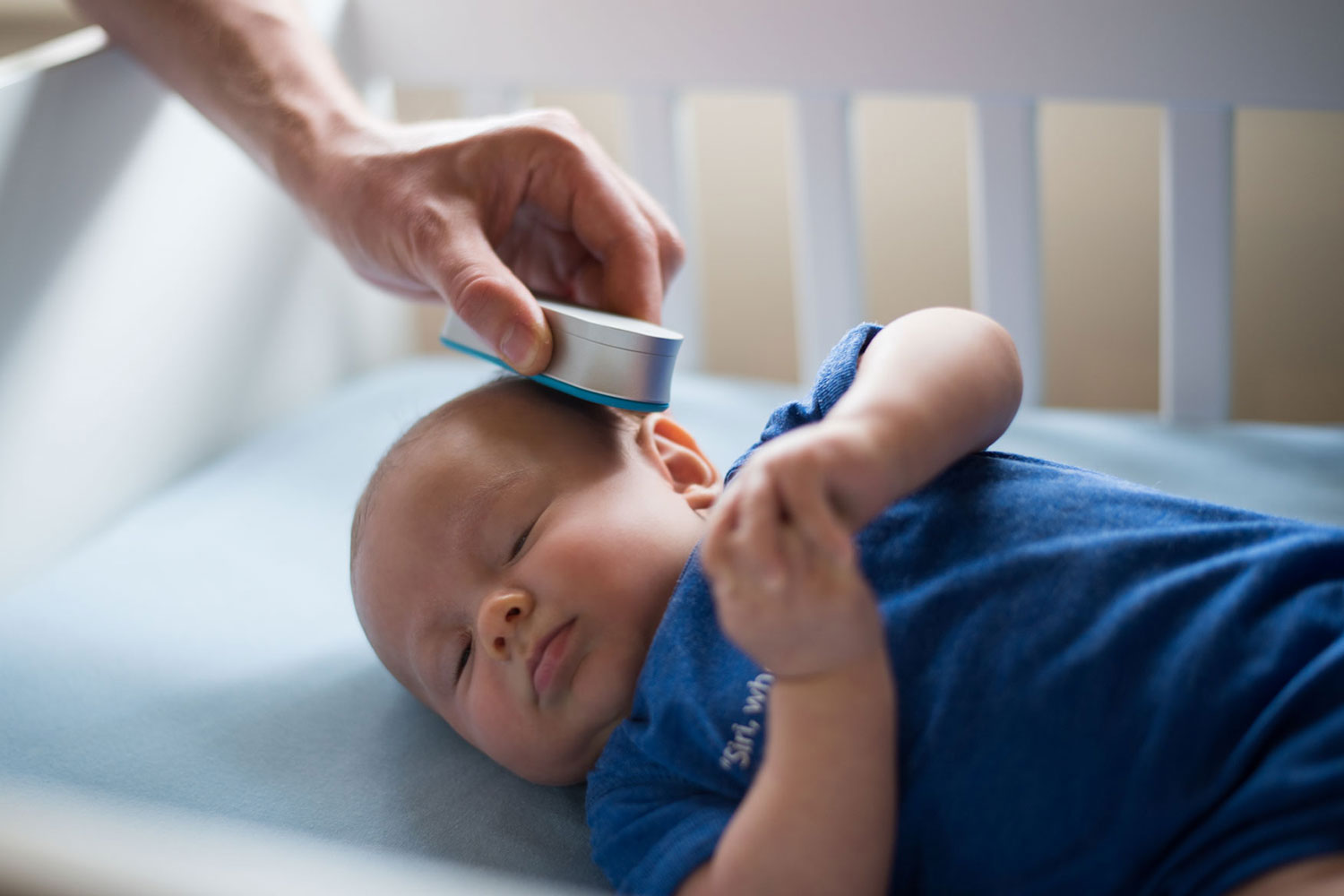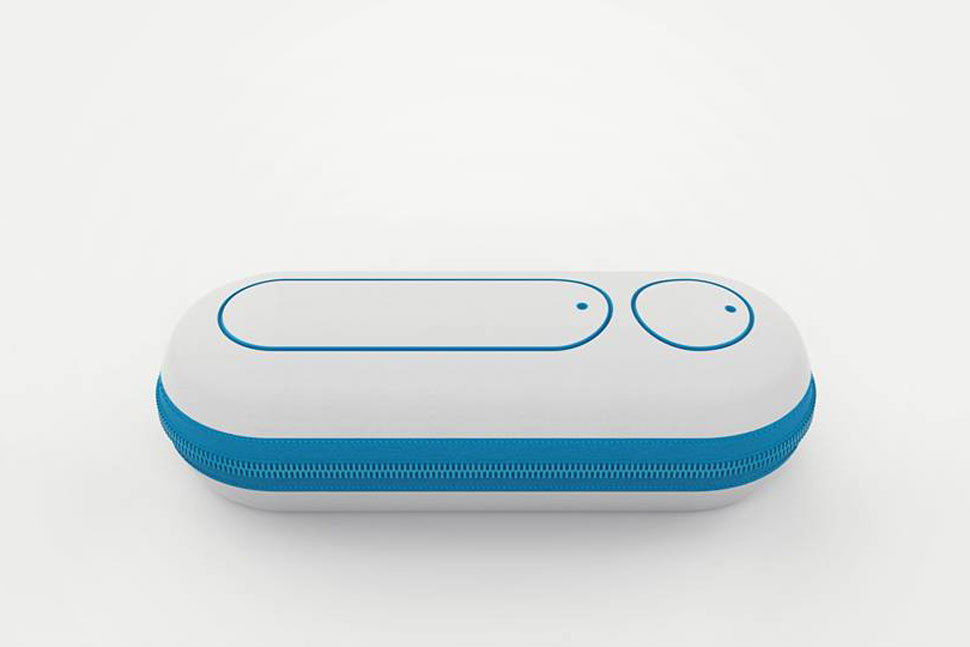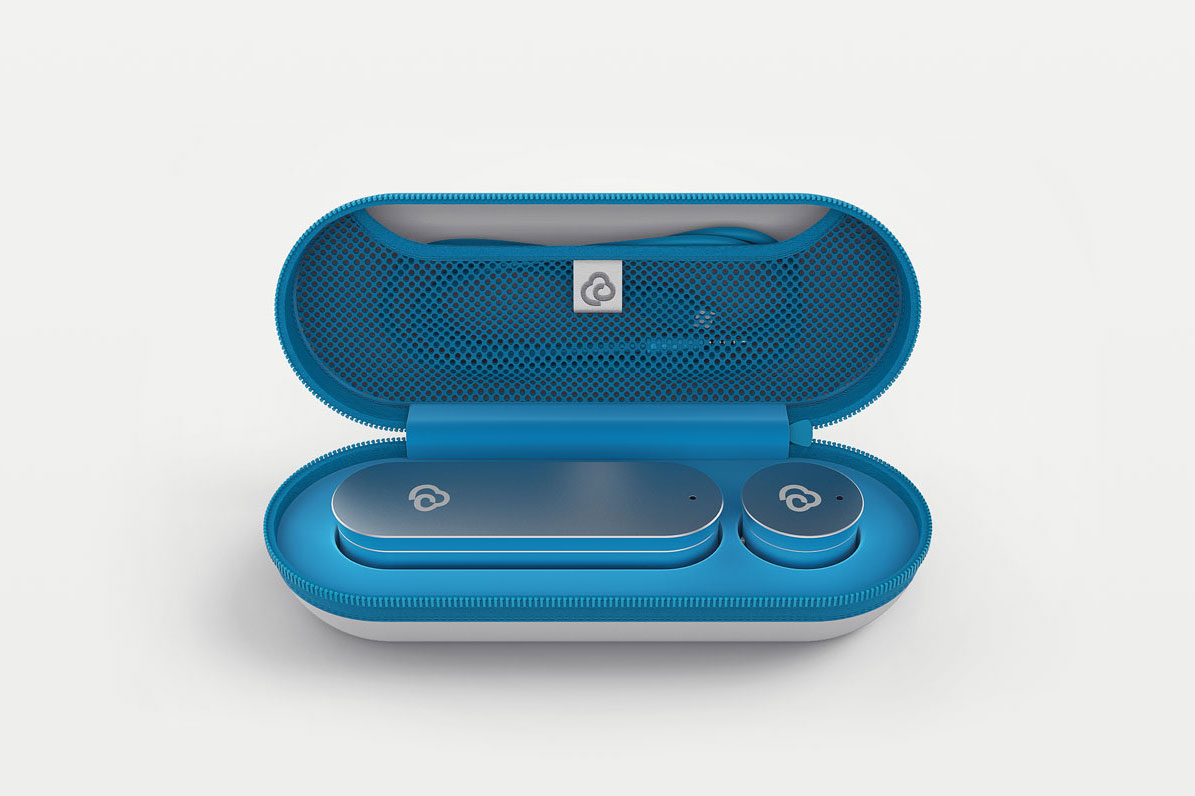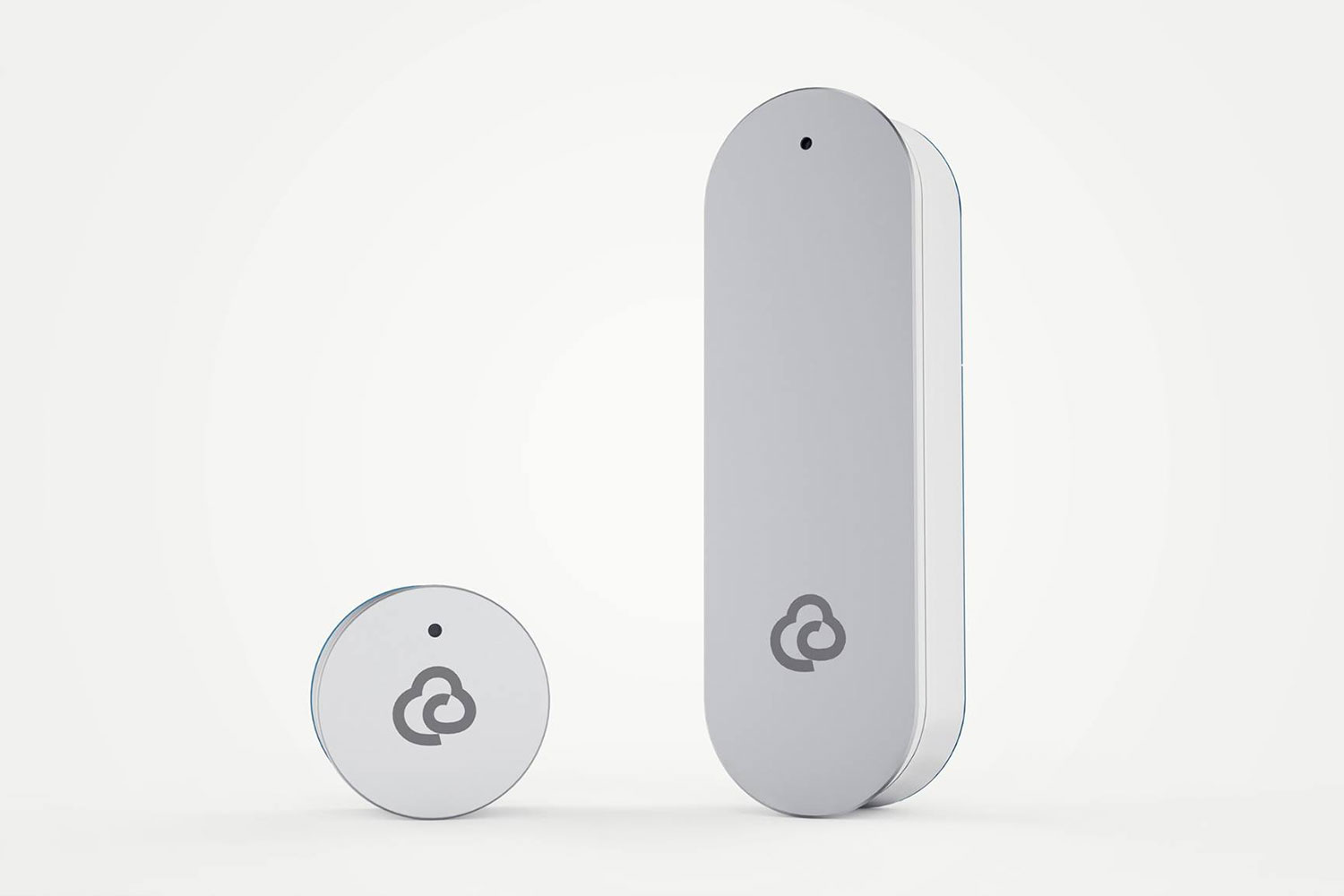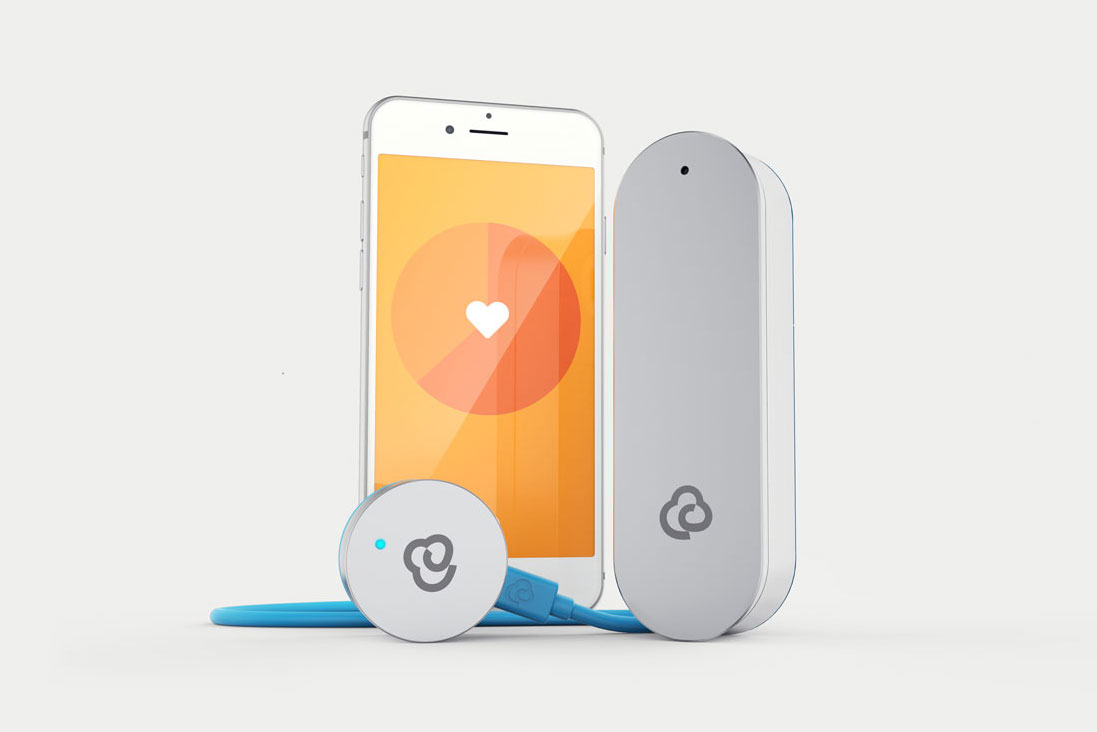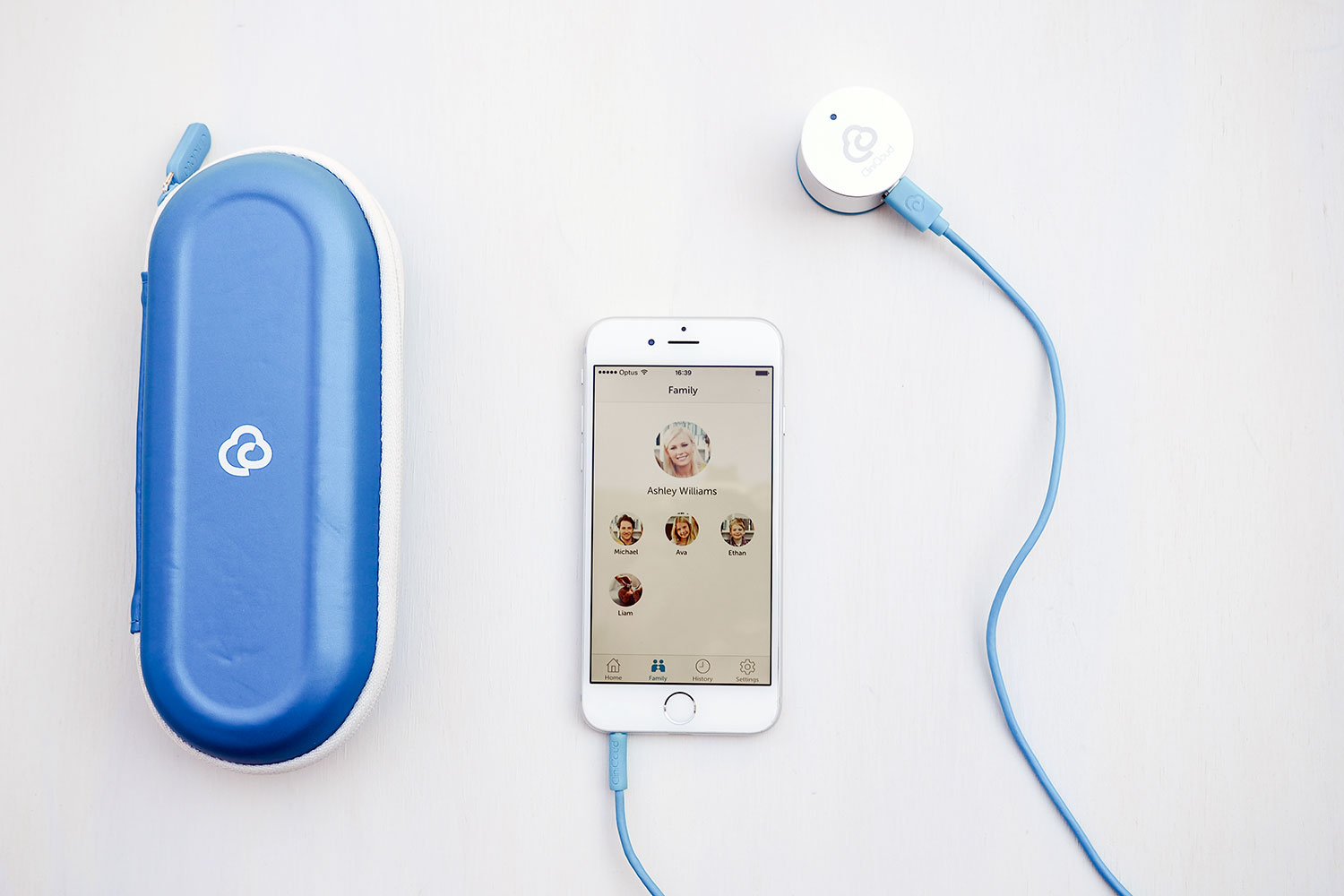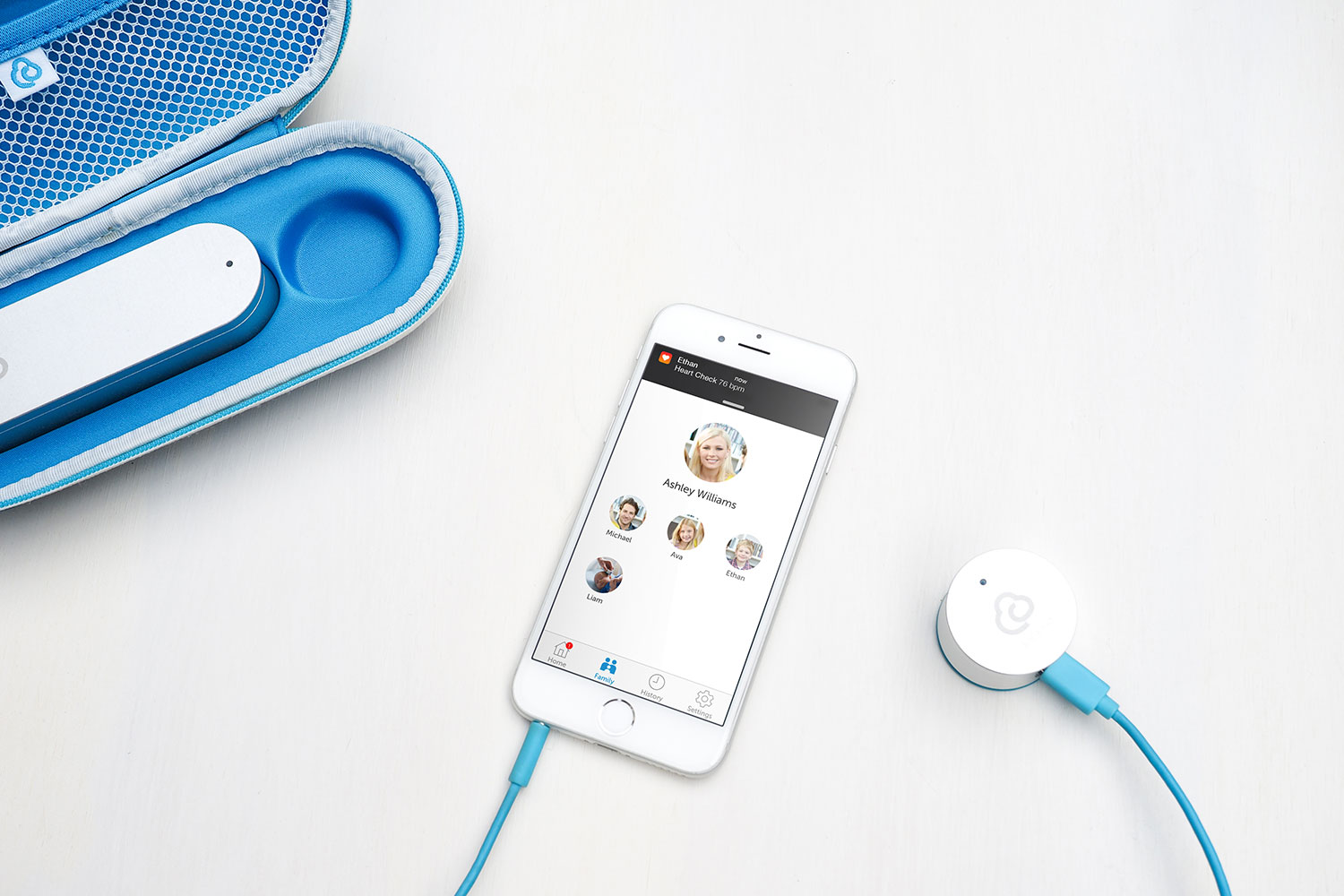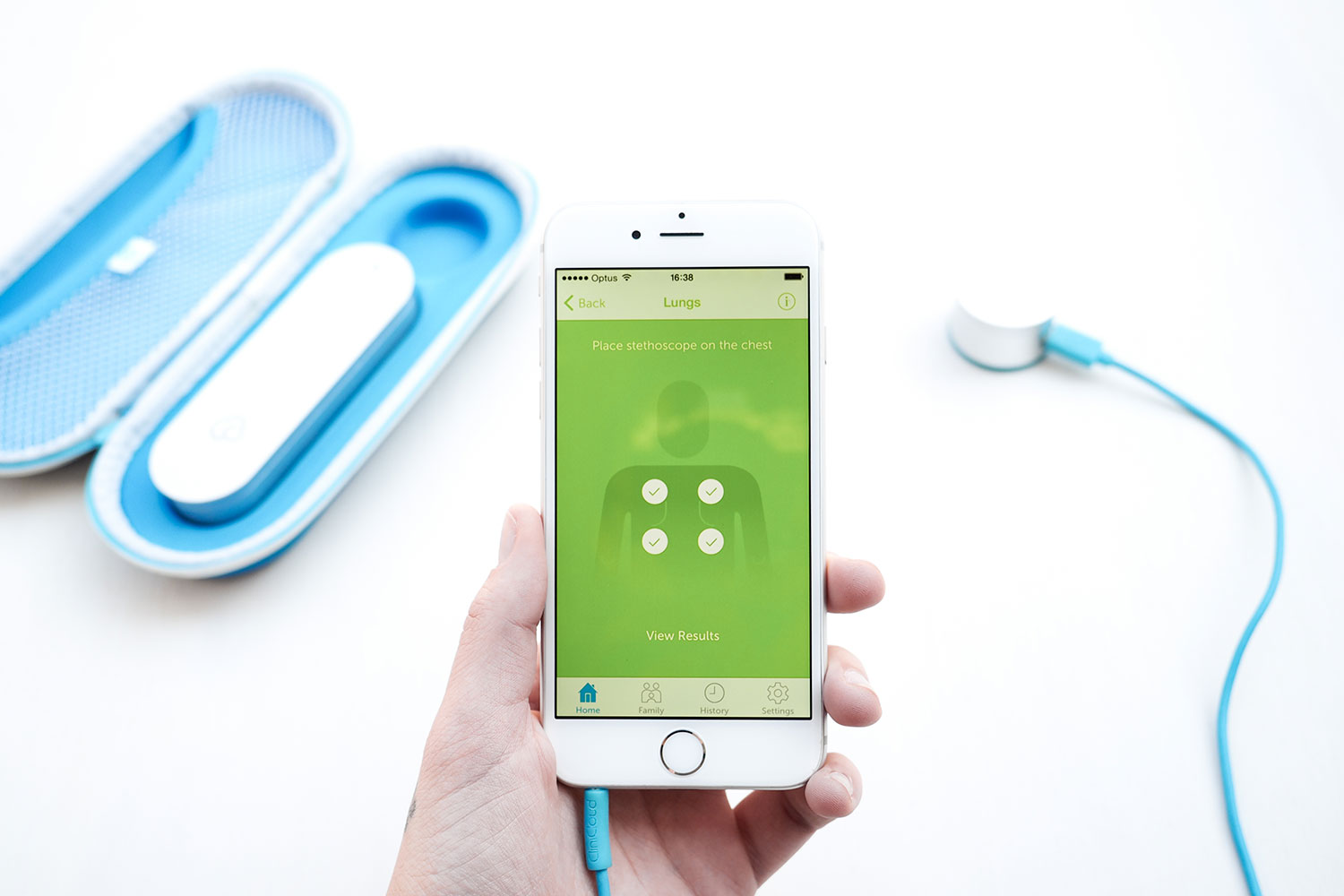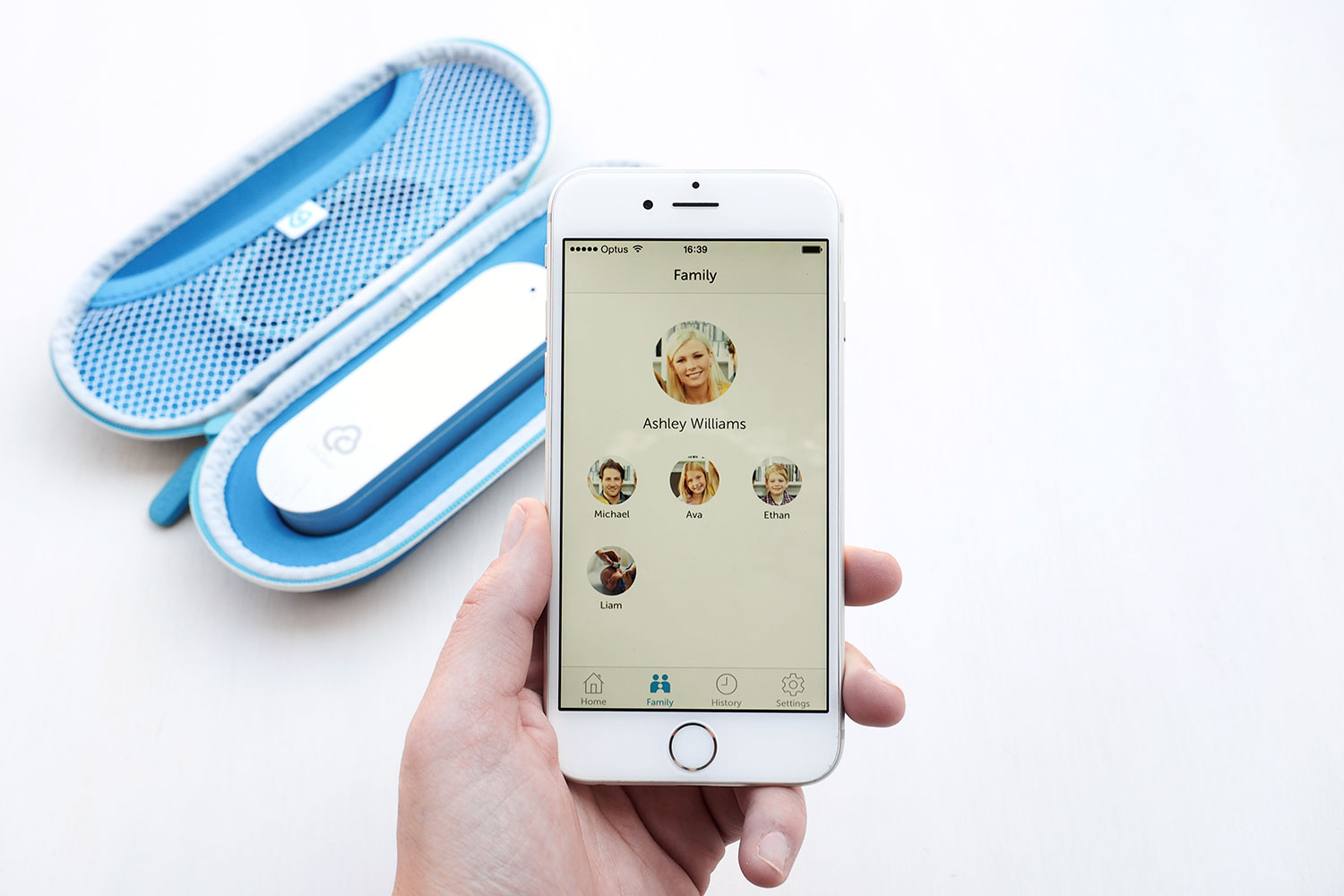Imagine Rosie the resident, a robot doctor on demand — who monitors your heart rate, breathing, blood flow, and other vital signs for the telltale advent of a heart attack. Or a gadget to instantly beam your blood pressure to your primary care physician, rather than schlepping cross-town for that annual checkup.
They don’t exist.
But such gizmos are easy to envision in a world transformed by technology, especially the field of healthcare, which seems to adopt some technologies as quickly as a the Postal Service. Despite the sensorization of everything and the march of the connected home, basic healthcare doesn’t feel like it’s changed much at all, does it? Norman Rockwell painted doctors in lab coats holding stethoscopes to chests in the 1950s — sound at all like your last annual checkup?
Andrew Lin shares thinks it’s an anachronism — and he’s trying to make the future come sooner.
“If you say my baby has a cough or cold, it’s tough for a patient to be able to get a response from a doctor,” said Lin, an Australian physician and inventor. “Is this something I need to worry about? Should I come see you?”
Those are common questions, especially for concerned parents, but the common response is too often a late-night panicked trip to the ER. Lin is CEO of a new company, CliniCloud, which has a simple, elegant solution: smartphone-connected health monitoring tools, a stethoscope and infrared thermometer that can transmit data directly from your bedroom to a doctor, letting a patient monitor herself.
“What we saw missing is really the clinical input stuff that makes the home setting more like a physician’s office. Give them the inputs, the tools, for objective measure,” he told Digital Trends. By letting a trained doctor see a person’s vitals, he can make an informed decision. Does a 100-degree temperature merit a trip to the doctor?
“That’s the real hurdle of remote care. Should there be an outcome?” Lin asked.
The CliniCloud package will make it all possible. On sale at Best Buy this holiday season for $149, the package contains an infrared thermometer (no physical contact required) shaped sort of like a fat hot dog and calibrated for the human temperature range, and a medical-grade stethoscope that connects via Bluetooth to let a doctor monitor your heart and lungs remotely. The devices work with the CliniCloud app on your smartphone, which connects to Doctor on Demand — like Skype for physicians — and potentially other services in the future.
Seen in our New York City offices in early August, the app wasn’t quite final but looks polished and easy to use. It contains basic icons for for heart, lungs, and temperature, and an interface to facilitate video chats with the doctor. The process is simple: Connect the stethoscope to your phone and use it to take a recording, then wave the thermometer over your body to measure temperature. A simple illustration on the app guides you through the process. Then beam the data to the doctor, dial up the service, and wait for a diagnosis.
Lin has been working on CliniCloud since 2012, when it started as a student project during his final year at medical school. A Microsoft grant of $75,000 — called StethoCloud, it was one of five winners of the 2012 Imagine Cup — helped commercialize the project. On Wednesday, the company announced a $5 million investment round led by Tencent.
“The mobile Internet is now ushering in a new era for health diagnostics,” David Wallerstein, Tencent’s Chief Exploration Officer said. “CliniCloud has taken a core tool for family physicians — the stethoscope — and brought it into the modern era.”
Deloitte estimates the mobile health industry to be worth $21 billion by 2018, but Lin thinks there are applications for CliniCloud beyond checkups.
“A lot of researchers are really upbeat about this kind of thing as well,” he told Digital Trends.
